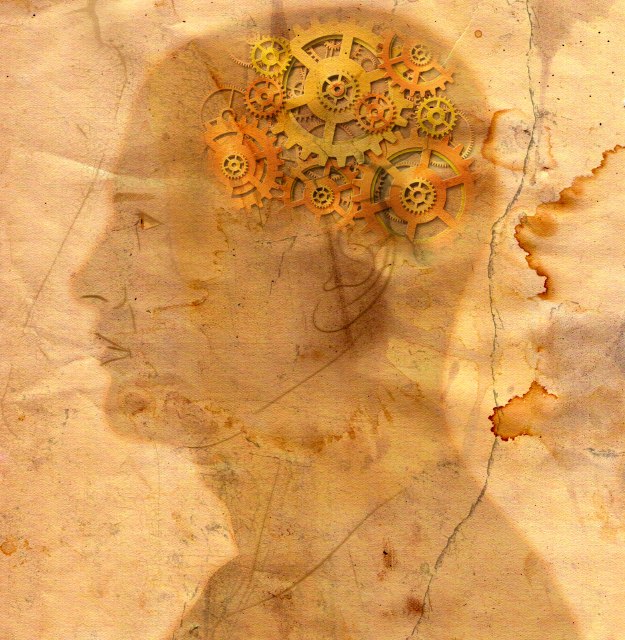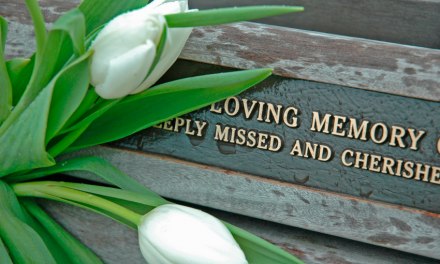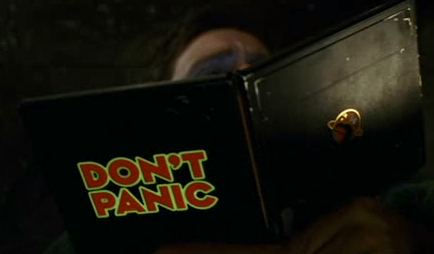Warning: Undefined variable $serie in /home/domains/treatmentandrecoverysystems.com/docs/wp-content/plugins/wp-series-manager/wp-series-manager.php on line 264
I could have called this article series “Get Sober by Yourself and Tell Everyone Else to Go Jump in the Lake.” Bet we’d get about a million hits from addicts and alcoholics who really want to hear that- but, I’d be lying. I’ve seen too many intelligent, strong-willed, determined people wreck their lives by insisting on doing things their own way.
“Turning it over” is hard for nonbelievers. If you don’t believe in God, the idea of a “higher power,” and especially the idea of having faith in a higher power, sounds impossible.
But the fact remains: People tend to fail when they try to recover by themselves. Remember, addiction is a disease of the brain. As dependence develops, our brain perceives the addictive substance not as the toxin it is, but as a “normalizing agent.” That is, something that allows the brain to function by meeting its acquired biochemical needs. When access is denied, the brain responds with “sickness” in the form of withdrawal syndrome- anxiety, nausea, irritability, craving, etc.
Asking this brain to take on a new agenda of decision-making, assessing risk and reward, planning for the future, and navigating the maze of situations and circumstances created by every day life is bound to create confusion. The brain is still responding to the drive for survival -obtaining and using that necessary substance. We have to shift the “locus of control” outside the self-destructive brain. For some, it’s the AA “higher power,” for others it’s group support, cognitive techniques, therapeutic guidance, intervention by a trusted counselor or mentor, or adherence to a set of practices and principles.
And there’s the catch: Turning it over, even in time of need, requires the exercise of faith.
When a surgical patient accepts the anesthesia, he’s showing faith in his doctor. A pilot takes off because she has faith in the machine she’s flying. Whenever life compels us to trust someone -accountant, auto mechanic, plumber, doctor- we exercise faith in something outside ourselves.
And we probably hesitate before doing so. I know I do. After all, we all have experience of misplaced faith. But we can’t protect ourselves from every single disappointment, always and forever. Sooner or later, we’re going to have to extend faith, again. We have that choice. We can “turn it over,” not because we believe there is a God who will do something for us or to us, but because we understand that recovering from addiction depends on outside help.
The real issue isn’t whether you need outside help to recover, but who or what that help should be. “Having faith” is scary for everyone in early recovery (including believers.) The idea that we can’t do it alone is a challenge for people who have invested so much in self-control. By reaching beyond the believer/non-believer argument about the existence of a deity, we can start the process of recovery: Relying on a power greater than ourselves which (wonder of wonders!) might even include one another.
These are posts belonging to the same serie:
- Recovery Without God
- Atheology for Recovery
- The Church of the Exalted Chemical
- Coordinates on the Recovery Map
- Finding a Skeptical Starting Point
- Re-Engineering Recovery Tools
- Nonbelievers Moral Inventory
- Taking the Fifth
- The Readiness is All
- Humility Ain't for Wimps
- The Damage Assessment
- Do-It-Yourself Repairs
- Good Practice Over Bad Habit
- Balancing Act














It’s not a matter of “do we need help” but a matter of “who will that source/person be?” This is a great series. So often we think we can make it alone. We have little trust in others and even less trust in self, yet with think we can proceed with ‘our thinking’ to correct ‘our thinking.’ It never amazes me how ignorant I was in early sobriety AND I thought I knew so much too. I think the lesson for me, in reading this post, is to focus on today. Where do I want/need to be more trusting so I can continue to move forward in my life? I can still get into that hold habit of trying to do it alone. I still want/need mentors because I want/need to continue to grow. Lisa